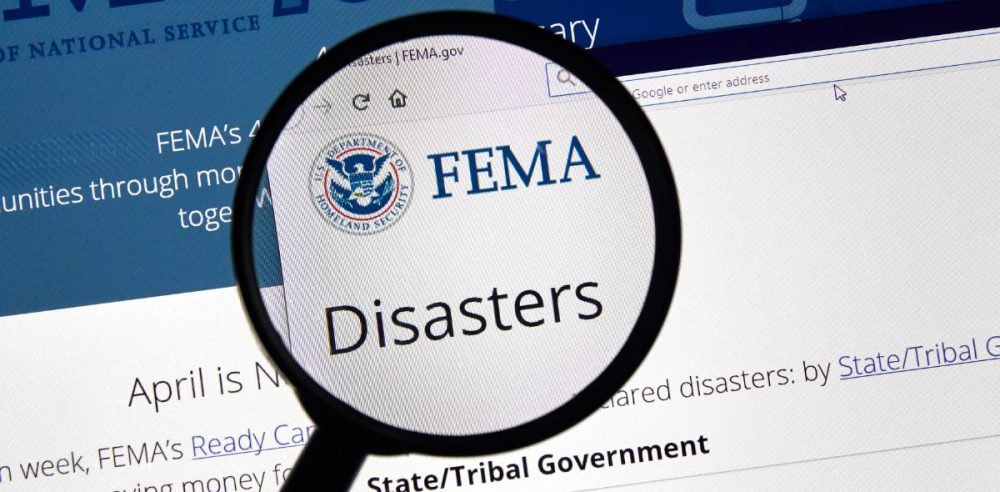(The Center Square) – The Federal Emergency Management Agency is facing scrutiny for its spending on diversity, equity and inclusion policies.
Lawmakers at a House Oversight Committee hearing Tuesday pressed FEMA head Deanne Criswell on FEMA’s DEI spending.
As The Center Square recently reported, FEMA’s 2022-2026 strategic plan named its first of three strategic goals not as disaster relief, but instead diversity, equity and inclusion.
The strategic plan promised as the first of three priorities to “instill equity as a foundation of emergency management.”
The agency’s second stated goal is to “lead whole of Community in climate resilience,” while FEMA’s “readiness” comes in third in the strategic plan.
Cloud raised the question of discrimination in distributing aid.
FEMA came under scrutiny for spending hundreds of millions of dollars on migrants, a stark and controversial image for the emergency preparedness agency amidst the damage and destruction of Hurricane Helene and Hurricane Milton.
On top of that, the agency came into scandal after The Daily Wire reported that one employee directed workers to avoid houses with Trump signs out front. While that employee was fired, she said she was following orders and complying with FEMA’s culture.
At Tuesday’s hearing, the fired employee and FEMA’s spending on DEI came up in questioning, as lawmakers argue DEI and migrant spending is more evidence of misplaced priorities.
“In the fiscal year of 2023, FEMA spent nearly a billion dollars, $789 million, to shelter illegals in the United States,” Rep. Marjorie Taylor Green, R-Ga., said at the hearing. “This past year it was $641 million, and this money is largely distributed through NGOs…and this was to house illegal aliens. Not Americans, who by the way all that money, that comes from Americans bank accounts when they write their checks to pay their taxes.”
“Do you think it is acceptable,” Greene continued. “…for billions of American taxpayer dollars to be spent housing people who are invading our country, but Americans in North Carolina, Georgia, and Florida who are still homeless and yet to fully receive support?”


